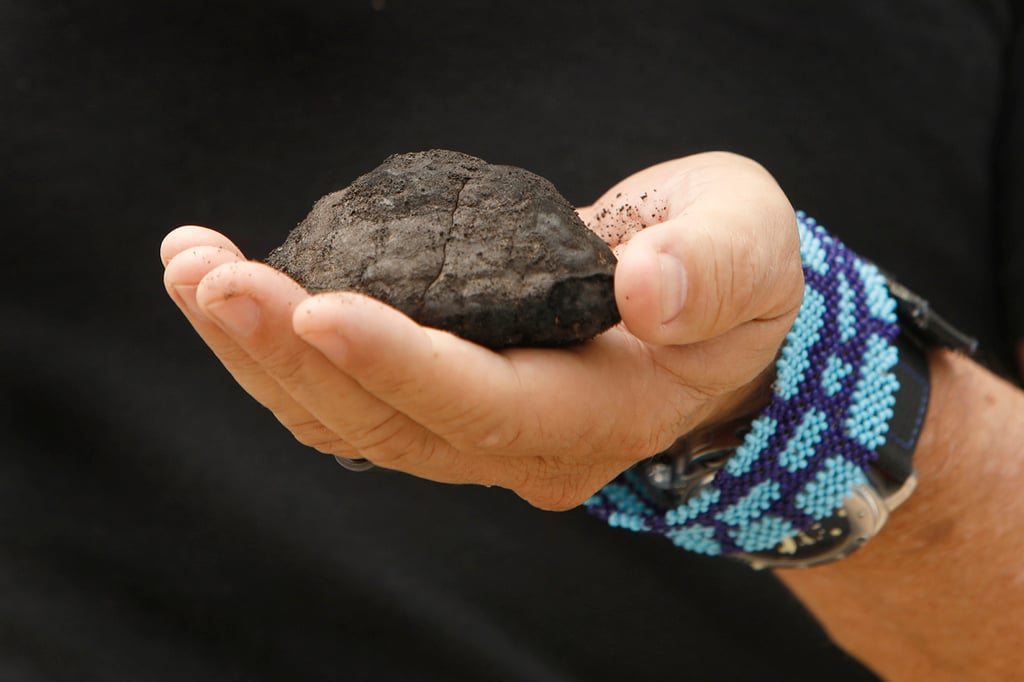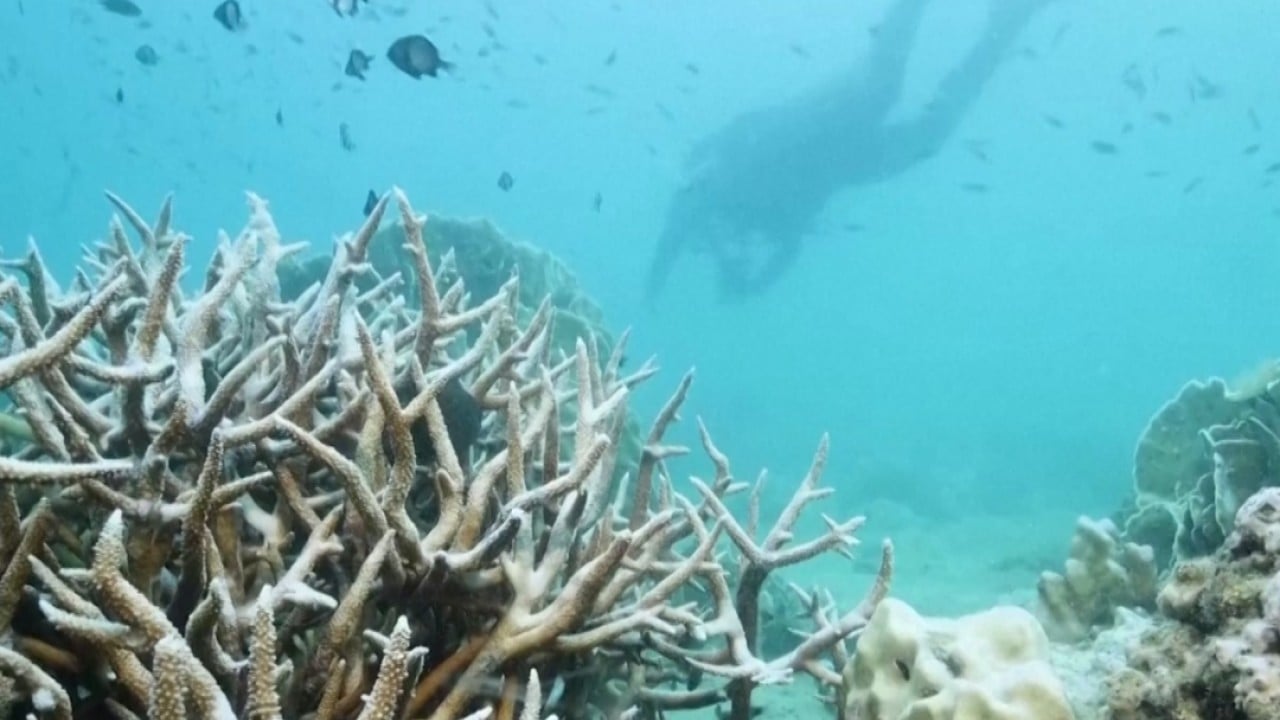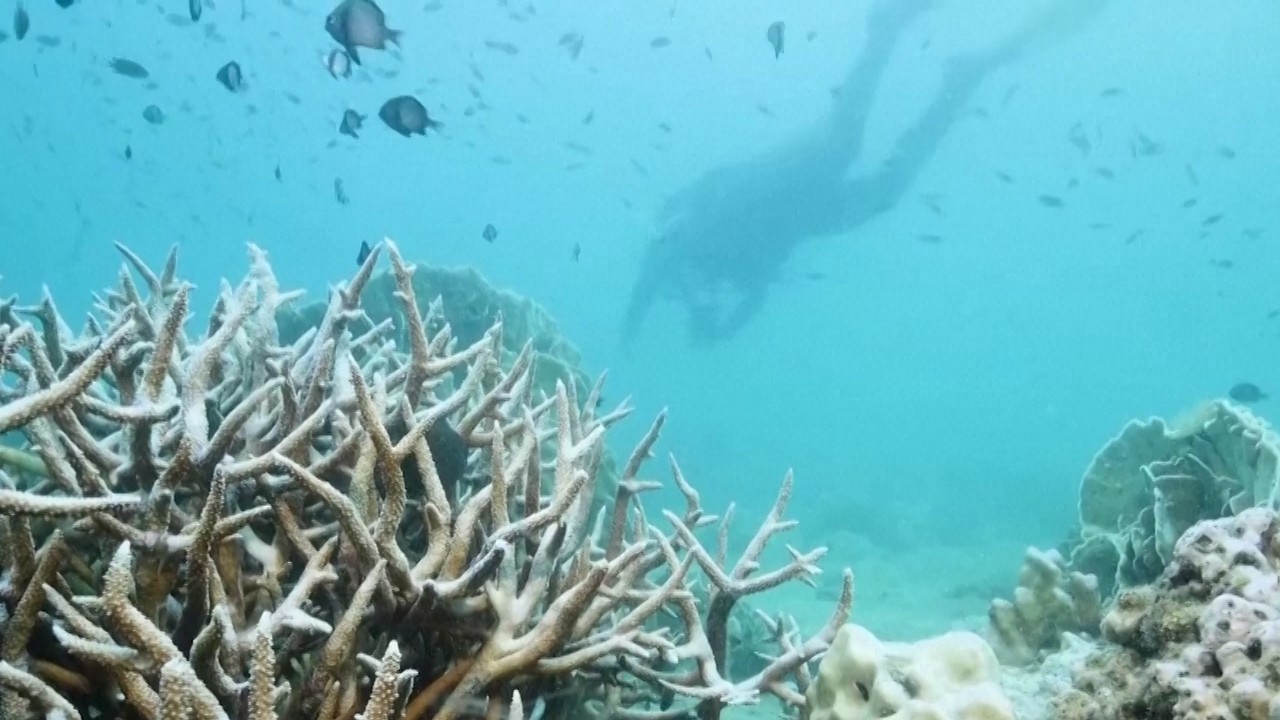Recent negotiations on commercial deep-sea mining failed to make progress on a code that would govern exploitation of minerals in international waters while safeguarding marine ecosystems that sustain life on earth. Delegates agreed to little that would address major disputes, from the scope of regulation to equitable distribution of mining revenue to environmental protections.
Meanwhile, the International Seabed Authority (ISA) – an intergovernmental body charged with regulating exploration and extraction in waters outside national jurisdictions under the United Nations Convention on the Law of the Sea (UNCLOS) – has been saddled with scandal and leadership challenges. But last week, delegates elected a new leader, the Brazilian oceanographer Letica Carvalho, who offers hope that the talks will be suspended until scientific evidence is available.
The talks have been going on since 2014 under the aegis of the ISA, which has 169 members, including China and the European Union but not the United States, which never ratified UNCLOS. The urgency to implement a code came in 2021 when the small Pacific island state of Nauru invoked an obscure legal provision to start mining through its sponsored company, a subsidiary of The Metals Companies (TMC), a Canadian firm.
After a country applies when there is no rule book in place, the ISA has two years to finalise comprehensive rules. If that effort fails, mining could theoretically start free of regulation. The deadline for Nauru expired on July 9, 2023 but some argue that this is not a hard deadline. Moreover, the ISA council has emphasised that commercial mining should not begin until regulations are adopted.
However, other agreements could bind countries to protect the seas. The landmark agreement reached in March last year on the sustainable use of marine biodiversity of areas beyond national jurisdiction aims to create protected areas, conduct environmental impact assessments, promote sharing of genetic resources and support countries with marine technology transfers.
The Nauru subsidiary of TMC said it will apply for a licence following the conclusion of recent ISA talks. Since 1994, the ISA has granted 31 contracts for exploration. China has five, the most contracts of any member. The ISA has not rejected an application, a source of mistrust for anyone concerned about conserving the world’s oceans.

The incalculable richness of minerals and metals in the deep seas is alluring especially now as green technologies, from solar panels to batteries, and smartphones require rare metals that can be found below sea level in Pacific’s Clarion-Clipperton zone, which stretches from Mexico to Hawaii. The resources on the zone’s sea floor are particularly appealing – copper, cobalt, nickel and zinc within trillions of polymetallic or manganese nodules the size of potatoes.
But when the projected costs of mining are assessed, studies show that deep-sea mining will not be economically sustainable for stakeholders, especially in the long run. Furthermore, there seems to be enough mineral resources on land to meet demand. The Institute of Sustainable Futures says the world’s transition to 100 per cent renewable energy could be met entirely with land-based reserves. These support the rationale for a pause.
The greatest fear is that there could be a “loss of biodiversity and ecosystem functioning that would be irreversible on multi-generational timescales”, according to a declaration signed by more than 800 scientists and policy experts. Deep-sea mining could negatively affect the oceans’ ability to store carbon, a function that slows climate change.
In 2020, a test conducted by researchers in Japan showed that sediment generated by mining caused a 43 per cent drop in the density of fish and shrimp.
Little is known about the deep seas. At least three-quarters of the sea floor remains unmapped, and barely 5 per cent of the ocean has been explored. Scientists are announcing astonishing breakthroughs, such as the discovery of “dark oxygen” that is generated by the electric pulse created by nodules targeted for mining. The sea’s chemicals offer vast potential for new medicines.
A precautionary pause is warranted, and the ISA’s new leader has indicated her support to do so.
More than 30 countries already support a moratorium. France and China issued a joint statement in May expressing support for marine impact assessments before any deep-sea mining occurs. Malta, Tuvalu, Honduras, Austria and Guatemala backed a pause last week.
But suspending negotiations must soon be followed by action, such as establishing expert committees to gather and promote research essential for protecting the deep seas and reversing degradation from pollution, overfishing and climate change.
A consensus is needed to determine how much evidence is enough to understand mining’s impact on the deep seas and affirm the level of risks that would be tolerated should mining, however limited, be allowed. These thresholds are critical.
The ISA must be overhauled. The accusations against the organisation need to be resolved through a transparent process that builds trust. The rules-making process, for one, should be more transparent with more rigorous oversight. The ISA must also have more robust enforcement powers.
Transparency is also essential for mining applications. Companies or contractors are currently not required to disclose their names.
The US needs to ratify UNCLOS and join the ISA. Former US president Bill Clinton signed the treaty but Republican opposition blocked ratification. The outcome of the November elections may strengthen the Democrats’ control of the US Senate, increasing the possibility for ratification.
Commitment to the principle that the deep seas are managed for the benefit of all humanity must anchor the approach to protect our planet. The new ISA leader offers hope.
James David Spellman is principal of Strategic Communications LLC, a consulting firm based in Washington, DC



